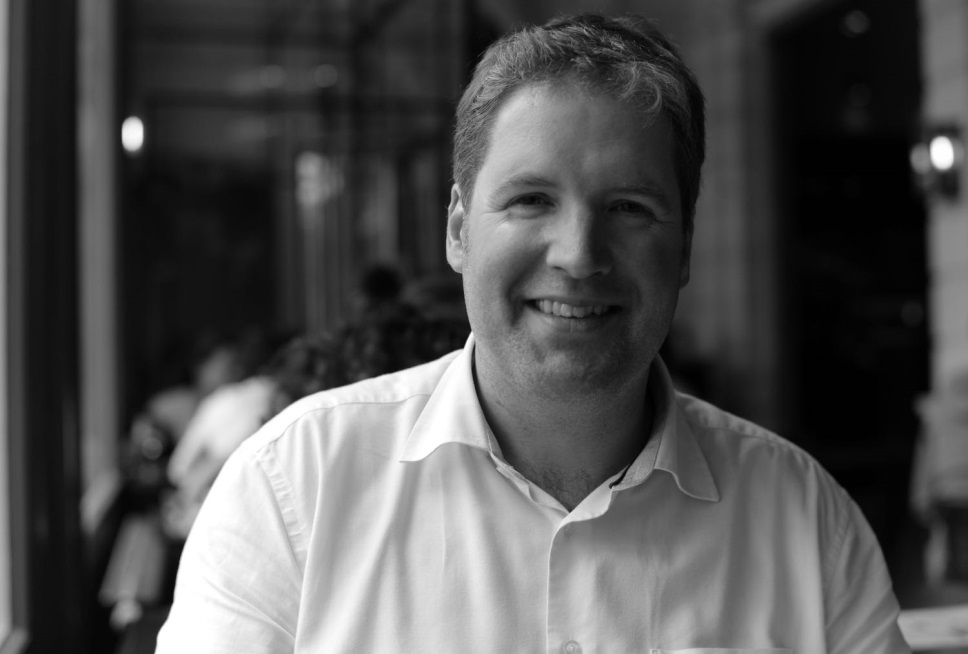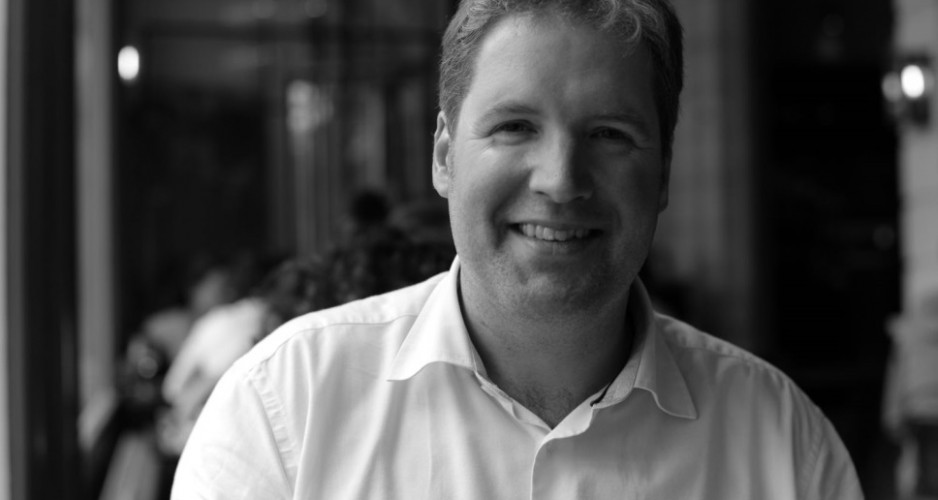
Alexander Smarius is a teacher at Vossius Gymnasium Amsterdam. He teaches Greek and Latin and is a Jehovah Witness. He has always had a religious desire, even though his parents were Catholic. After he got in touch with a Jehovah witness and becoming a father he knew he found the right way to fill it in.
Do you have any struggles living your religion in your country?
In Holland and other Western European countries Jehovah’s Witnesses enjoy their freedom of religion. We have meetings in our Kingdom Halls twice per week. Also, we are at liberty to approach other people with our offer of a Bible course free of charge. In my country and its neighbouring countries, most people appear not to be interested in communicating with us. Many tend to be prejudiced towards both the Bible and organized religion. Although we sometimes encounter some form of enmity, most of the time people are polite. Even if only a minority actually accepts our open invitation to benefit from biblical education, it is clear there is a great spiritual need. Every year new members in Holland join our global brotherhood.
Have you ever got excluded from anywhere or got problems because of your religion?
No. Sometimes I choose not to participate in social events myself and, when requested to do so, politely explain why.
Are you satisfied by your government’s religious tolerance activities?
Apart from our constitutional right to freely enjoy our religion, I have no specific knowledge of government involvement in promoting tolerance towards religion in general or my religion in particular. I feel very fortunate about our circumstances here and in most other European countries, for members of our brotherhood in several other countries around the world experience real difficulties or downright persecution.
Do you have any rights for minority religions in your country? (e.g. Non-Governmental organizations)
The global organization of Jehovah’s Witnesses is called the Watch Tower Bible and Tract Society. It is a non-profit organization and as such is legally exonerated from taxation of donations in Holland and other countries.
What does EU integration mean for you and your community? How does it affect you?
As a religious group that makes an active use of the right of freedom of speech, we have benefitted from the existence of the European Court of Human Rights. For instance, some countries have tried to impose restrictions on our religious practices. Appeals were made to this European Court, which has repeatedly ruled in our favour, so that we can continue practicing our faith freely. We are very grateful for this. Apart from that, I think the EU is not a ‘union’ in the full sense of the word. People are still divided by cultural, political and religious views and of course by language. The key to true unification of a diversity of peoples is not to be found in the EU.
How do you (as a person and as member of a community) see the rest of society and other religious groups?
All mankind, whether in prosperous or poor countries, suffers from problems of which the most serious are as yet unsolvable: dysfunctional food distribution resulting in both over- and undernourishment, incurable diseases, violent armed conflicts, environmental degradation. I admire people, both individual and organized, who do not accept this and strive to deal with at least one of these problems. Sadly, most initiatives in the end come to nothing due to inefficient means, political inadequacy, discouragement or corruption. Furthermore, the greatest of all unsolvable problems, uncontrollable health loss due to ageing and inescapable death. The Bible clearly promises a universal Government that will solve all these problems. It will turn the entire earth into an ideal environment in which man can live for ever in peace and perfect health – no discord, no ageing, no death. It is both an enormous privilege to know this and a great responsibility to pass on this knowledge of the future to others. So I regard my fellow man, regardless of his or her ethnical, social or religious background, as someone who needs to know he or she can benefit from this. As for other religions, all of these are in some way or other involved in politics and warfare. By contrast, Jehovah’s Witnesses are politically neutral and never participate in War. This allows us to freely speak to people of all persuasions. Since we avoid political divisions, we are united as an international brotherhood, a true and growing union that already enjoys the practical biblical advice that helps us facing the many problems we have while we await the New World.
What is your opinion about religious education in the Netherlands and what do you think about the principle ‘’Teaching, not preaching’’?
To start with the latter question, when religion is the subject, teaching and preaching both amount to sharing knowledge about the teachings of a specific religion. The difference in my opinion is that teaching is merely explaining what persons of this or that religion believe, whereas someone who preaches is himself a believer who wishes those to whom he preaches will embrace his beliefs also. Preaching should be done in a situation that is different from the class room. The one who is listening should consent to the fact that he is preached to, and this implies an equal standing between both parties. In the class room, a teacher has power over his pupils, a power that must not be used to preach rather than teach when there is no way the pupils can consent to it. So, I agree with the principle. Of course it is useful when young people learn about religion as long as their teacher teaches without preaching.
Interview by Shinouk Ettema
May 2015, Amsterdam
About the author:
 Shinouk Ettema (16) took part in the Dutch edition of “My Europe” in 2014. When coming home from Vossius Gymnasium in Amsterdam, she loves to go horse riding, play the guitar and do fun things with her friends. Shinouk is not quite sure yet what her profession should be, but it should involve making contact with other cultures, lots of travelling and writing.
Shinouk Ettema (16) took part in the Dutch edition of “My Europe” in 2014. When coming home from Vossius Gymnasium in Amsterdam, she loves to go horse riding, play the guitar and do fun things with her friends. Shinouk is not quite sure yet what her profession should be, but it should involve making contact with other cultures, lots of travelling and writing.
For me, My Europe is…
…a place where everyone can interact with each other to achieve more together than they would have on their own.

